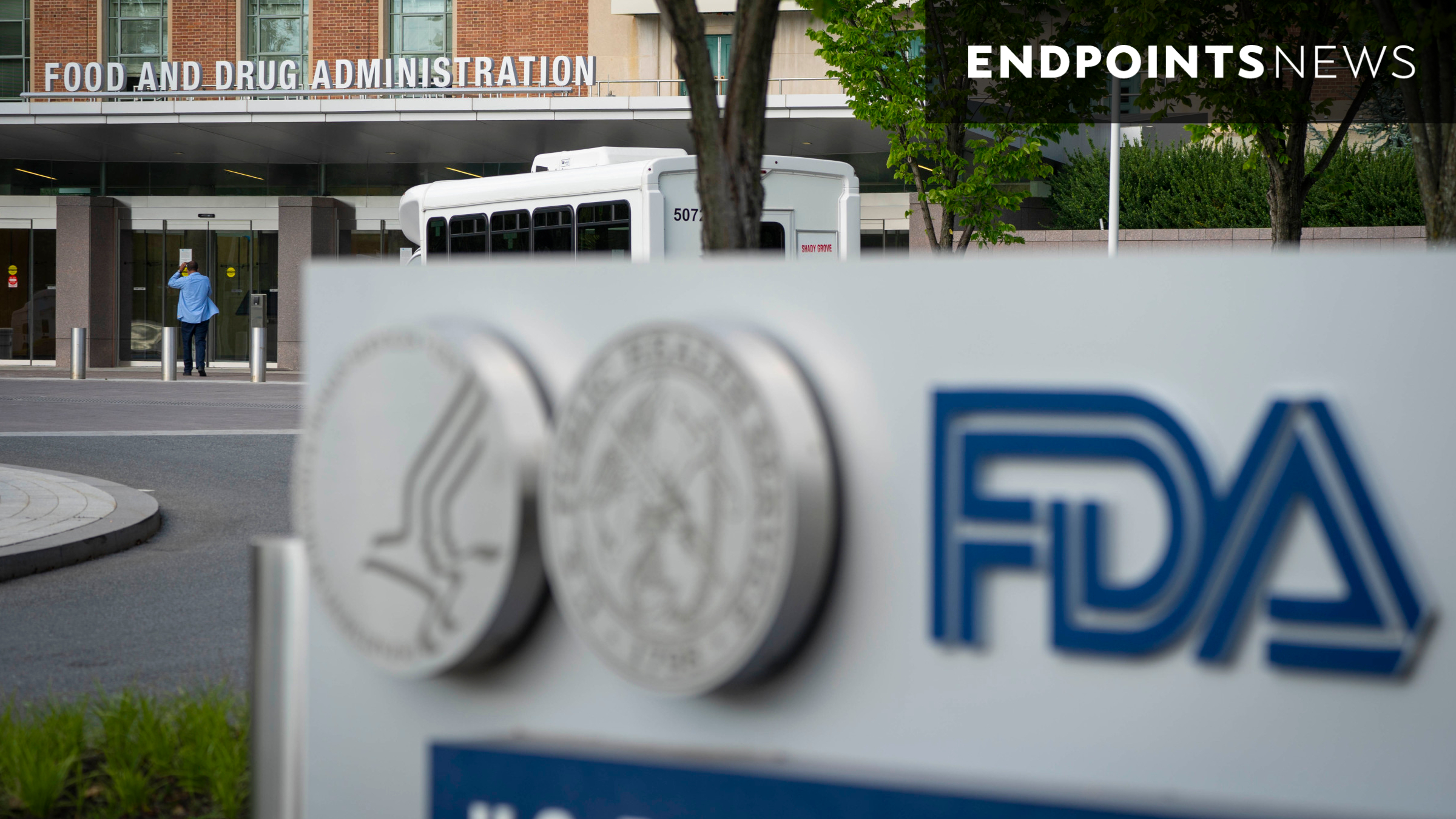Well this is a shame xD. I find DBS interesting but feel that it isn’t worth going into NSGY just for a single subspecialty, and my impression is that it wouldn’t be as satisfying being a neurologist that helps manage DBS vs being the neurosurgeon who actually is the “the guy” who implants the electrode. I also was imagining a scenario where fUS could be a procedure frequently billed by neurologists, potentially increasing salary by a lot.
Can you comment on how involved you are in DBS therapy as a neurologist, how it’s satisfying and how my impression (helping NSGY w DBS) may be wrong?
Functional and stereotactic neurosurgery is actually a great neurosurgical subspecialty, and encompasses a lot more than DBS. Really, DBS is the easiest thing that they do - they really aren't all that involved except briefly as a technician. We point, they shoot, we do the rest.
Let me give you an overview of a typical DBS process that's an amalgam of the process at multiple institutions where I've trained and practiced.
Patient is referred to neurology (movement disorders) for DBS evaluation. Sometimes they're mistakenly referred to neurosurgery instead, and if they catch this they'll just refuse the appointment and tell them to see us for evaluation. We evaluate them for appropriateness of DBS, confirm diagnosis, order preoperative imaging, refer to neuropsychology for cognitive testing, schedule any other necessary testing (like ON/OFF testing in PD), and send them to neurosurgery for preop evaluation. NSGY has a brief visit to recap and places any skull fiducials needed (if using a frameless system). Patient receives pre-op MRI and CT. We make the surgical plan, including target and trajectory - sometimes the surgeon will be involved here, but not usually.
On day of surgery, the surgeon makes the craniotomy and fixes the frame or frameless apparatus, then sets up the microdrive with recording electrode. We drive the recording electrode and perform microelectrode recordings (MER) to map the target nucleus. Based on MER, we move the drive to the location where we want the permanent electrode, and we tell the surgeon to switch the electrodes out. We then test benefit and side effect threshold at each contact to ensure we have a working electrode. If the placement appears to be poor, we and the surgeon typically mutually decide on a direction to move the electrode, usually with an intraoperative CT guiding us. Surgeon then anchors the electrode to the skull and closes, bringing the patient back 1-2 weeks later for battery implantation.
Surgeon follows up 2-3 weeks later to check surgical site, and then wishes the patient well. We take over and program the electrode over several visits, typically 3-4 in the first 6 months, and going down to every 6-12 months once we've optimized them. When the patient needs a battery 4-5 years later (10-15 in the case of rechargeables) or has a hardware issue, we send them back to the surgeon.
90-95% of DBS care is done by neurologists, and actually in the OR it's at least an even split or better in our favor. If your impression is that neurology "[helps] NSGY w DBS" then you have it precisely backwards.
Regarding billing, FUS has been marketed as something a neurologist could bill for, but from what I've seen it's the opposite - insurances are fine paying for a neurologist in the OR for DBS, but balk at us billing for our time for FUS, and so FUS is more neurosurgery-driven than DBS by far. DBS actually bills really well for neurologists - our OR time bills significantly higher RVUs per hour than clinic time would, DBS programming bills reasonably well (and is a good spot to integrate a midlevel with close supervision), and even creating the surgical plan is billable time. Training in both DBS and botox is kind of the secret way to become a largely procedural neurologist through a movement fellowship.

